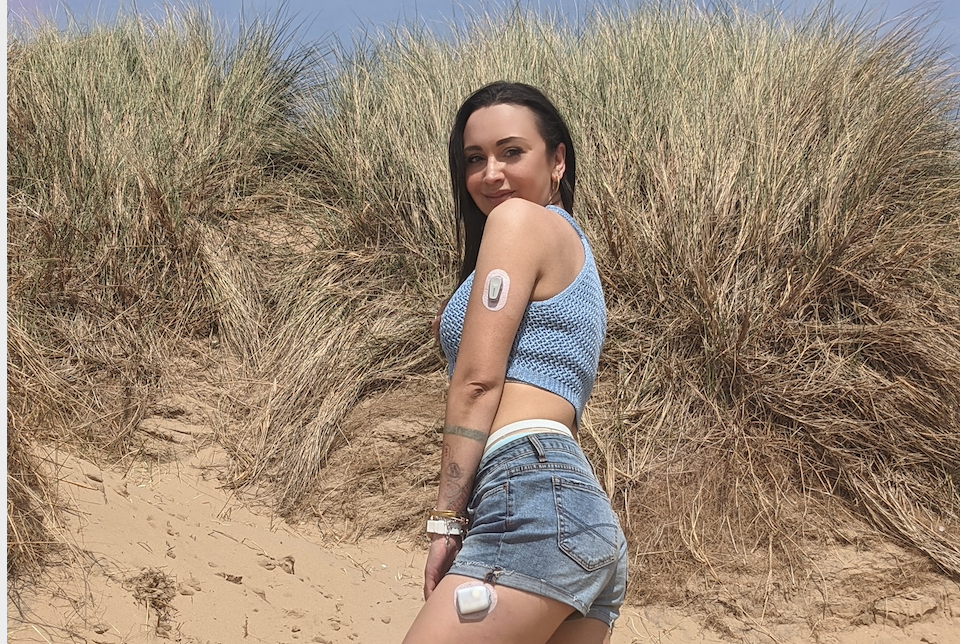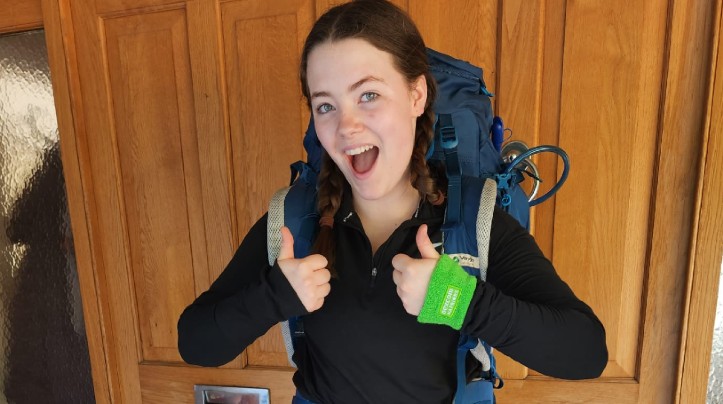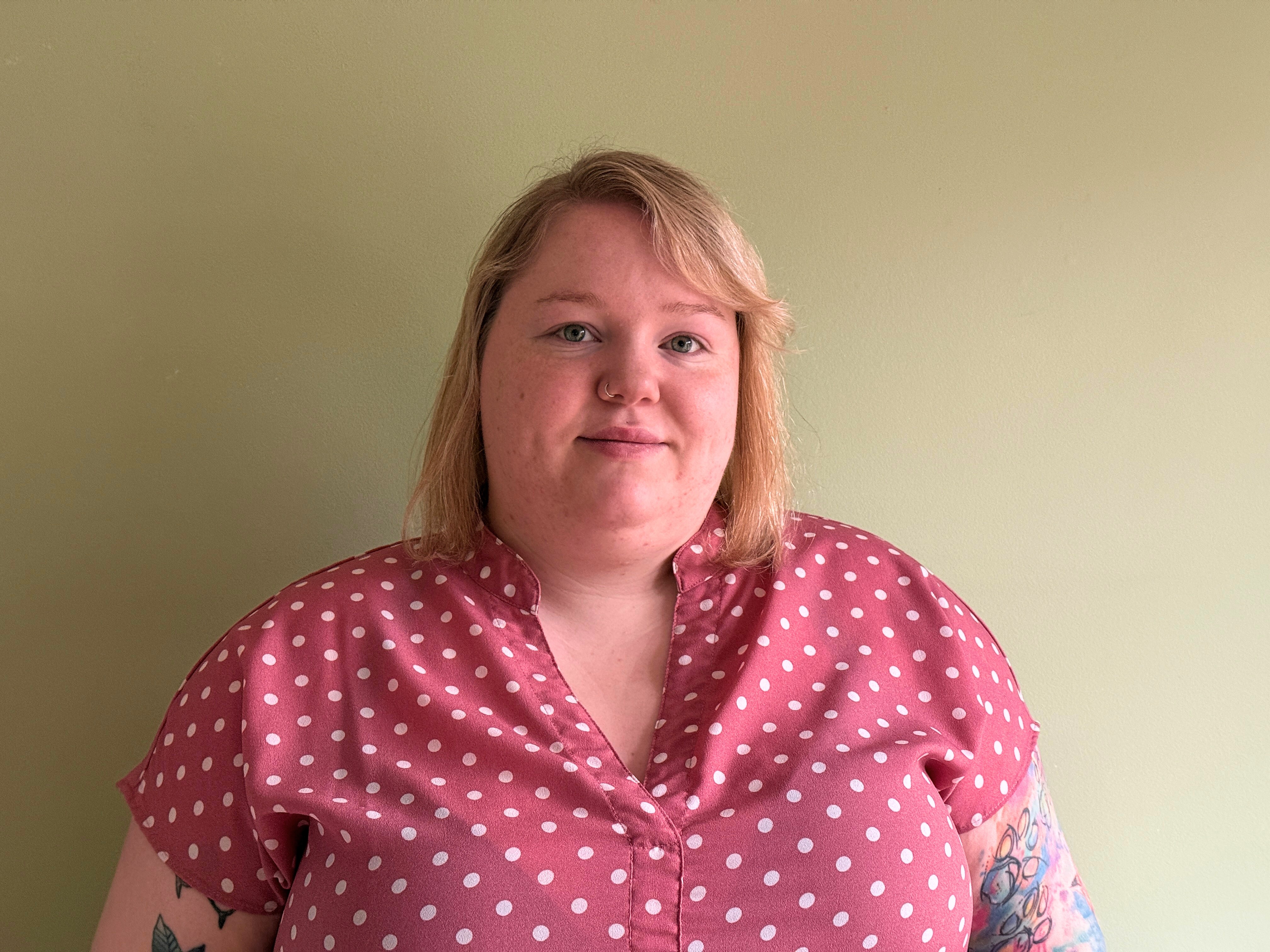
Natalie Balmain
Diagnosed with type 1 diabetes in 2007, age 20
The story of my diagnosis is actually quite similar to Summer’s on Coronation Street!
Natalie Balmain, 35 from Manchester was diagnosed with type 1 diabetes in 2007, aged 20. She reflects on getting diagnosed and learning to live with her type 1 diabetes.


